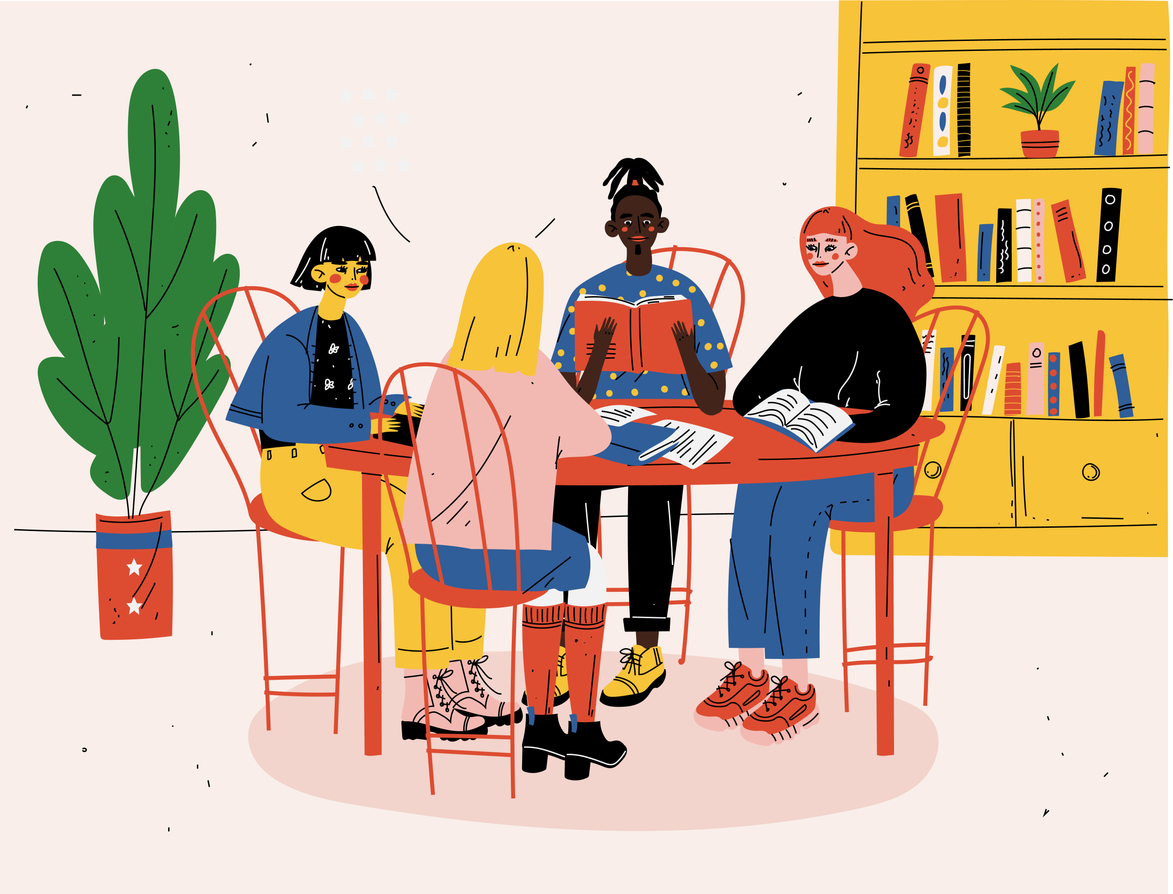
As part of Safeguarding Adults Week 2020, we were joined by Ineke Houtenbos who delivered an insightful seminar on racism and safeguarding.
Ineke’s presentation focused on raising awareness and understanding of the terminology used when talking about racism, unconscious bias, and responses of BAME people to racist structures and language.
White privilege, unconscious bias, intersectionality and structural racism are just a few of the important terms used when discussing racism within organisations and services. Understanding what these terms mean provides a strong foundation for discussing racism in everyday life.
Explore the resources below to learn more about important terminology:
- Read UNICEF’s Anti-Racism resource pack. This includes information on what it means to discuss structural racism, unconscious bias, and white supremacy.
- The Government have produced guidance about how they write about ethnicity.
- It is important to discuss race, and to consider how race might interact with other social identities e.g. gender and class which could present specific challenges that need to be recognised and addressed. This is often referred to as intersectionality. Listen to Kimberle Crenshaw discuss how overlapping or intersecting social identities—and particularly minority identities—relate to systems and structures of discrimination.
What is the role of organisations and services?
Alongside developing increased understanding of terminology, Ineke discussed the importance of organisations committing to actions that result in greater inclusivity. As part of this, it is crucial that BAME staff and service users are listened to and granted safe spaces to explore their feelings and needs.
Too often underrepresented groups are presented as not engaging in services. If this is the case, it is important to ask why. Is it that services and structures are not working for them? And if so, what can be changed to increase inclusivity for all?
What is the role of individuals?
Finally, Ineke shared the NSPCC and UNICEF’s anti-racism resource pack which includes top tips for how, as individuals, we can actively discuss and combat racism and discrimination in our everyday life:
- Use your privilege. It’s not enough to recognise it. Use it to uplift and amplify the voices of the oppressed.
- Speak to your children, family and friends about race; be prepared to call it out everywhere you go.
- Choose to read, purchase and share stories and content that feature diverse voices and identities as main characters or protagonists.
- Review your own working systems and processes and make changes where they are needed to create a more equal playing field.
- Make the conscious effort to listen to people with different experiences. Recognise the power of speaking openly and listening closely to diverse voices.
The key here is to listen: To accept the discomfort and explore feelings and to explore needs.
